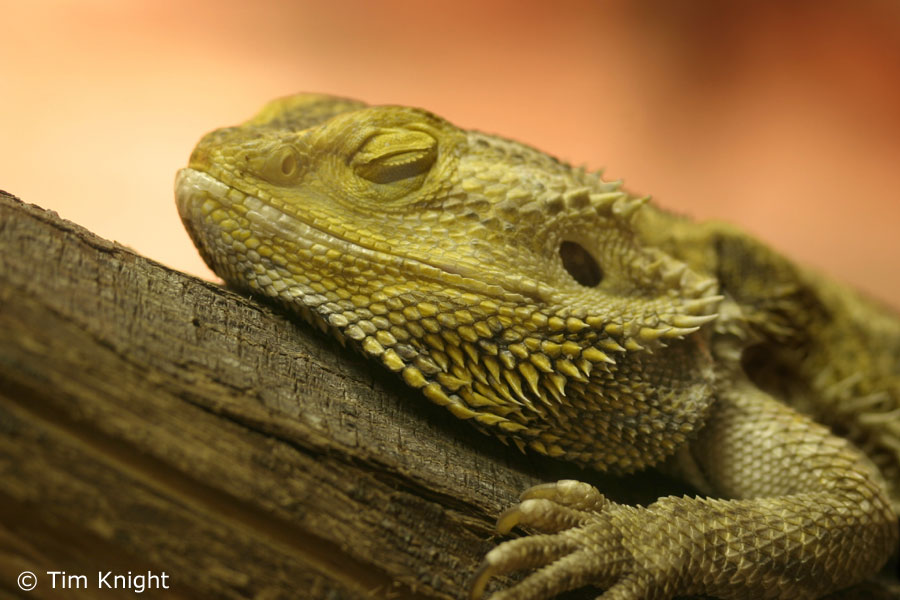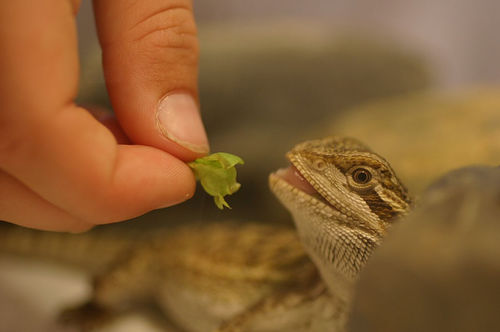When Your Bearded Dragon Develops an Abscess: Causes, Symptoms, and Treatments
Introduction
Bearded dragons are fascinating and easy-to-care-for reptiles. However, like any other pets, they can develop health problems. One of the most common health issues that beardies can encounter is abscesses. Abscesses can occur in different parts of their body, including the mouth, limbs, tail, and underbelly. In this blog post, we will discuss everything you need to know about abscesses, including their causes, symptoms, and treatments.
What is an Abscess?
An abscess is a pocket of pus that forms within the body tissues. Abscesses usually occur as a result of infection or injury, causing the body to mount an immune response. The immune system sends white blood cells to the area to fight the infection, causing the formation of pus.
Causes of Abscesses in Bearded Dragons
Abscesses can occur due to various reasons in bearded dragons, some of which include:
- Bacterial or fungal infections
- Injuries from fights with other bearded dragons or from rough handling
- Foreign objects, such as gravel or sand, getting stuck under the skin
- Impacted food in the mouth or gut
Symptoms of Abscesses in Bearded Dragons
The symptoms of abscesses in bearded dragons vary depending on their location and severity. Here are some common signs to look out for:
- Swelling or lumps under the skin
- Redness or heat around the affected area
- Pus or discharge from the wound
- Pain or discomfort when touched or handled
- Decreased appetite or lethargy
Diagnosing Abscesses in Bearded Dragons
If you suspect that your bearded dragon has an abscess, it is essential to take them to a reptile veterinarian for a proper diagnosis. The vet will do a physical exam, and in some cases, they may recommend diagnostic imaging, such as X-rays or ultrasound, to determine the extent of the abscess.
Treating Abscesses in Bearded Dragons
The treatment of abscesses in bearded dragons will depend on their severity and location. Here are some of the most common treatments that the vet may recommend:
- Antibiotic or antifungal medication to treat the infection
- Draining the abscess to relieve pressure and remove the pus
- Surgical removal of the abscess in severe cases
- Warm compresses to help reduce swelling and inflammation
- Pain relievers to keep your dragon comfortable
Preventing Abscesses in Bearded Dragons
Preventing abscesses in your bearded dragon is possible with proper care and regular veterinary checkups. Here are some essential tips for preventing abscesses:
- Provide a clean and well-maintained enclosure for your dragon
- Feed them a balanced and nutritious diet
- Avoid rough handling or fights with other bearded dragons
- Watch for signs of injury, infection, or impaction regularly
- Take them for regular checkups to the vet to ensure that they are in good health
Conclusion
Abscesses can be a common problem for bearded dragons. However, with proper care and attention, they can be treated and prevented. If you notice any signs of abscesses in your bearded dragon, seek veterinary assistance immediately. With timely treatment, your dragon can recover and live a long and healthy life.









